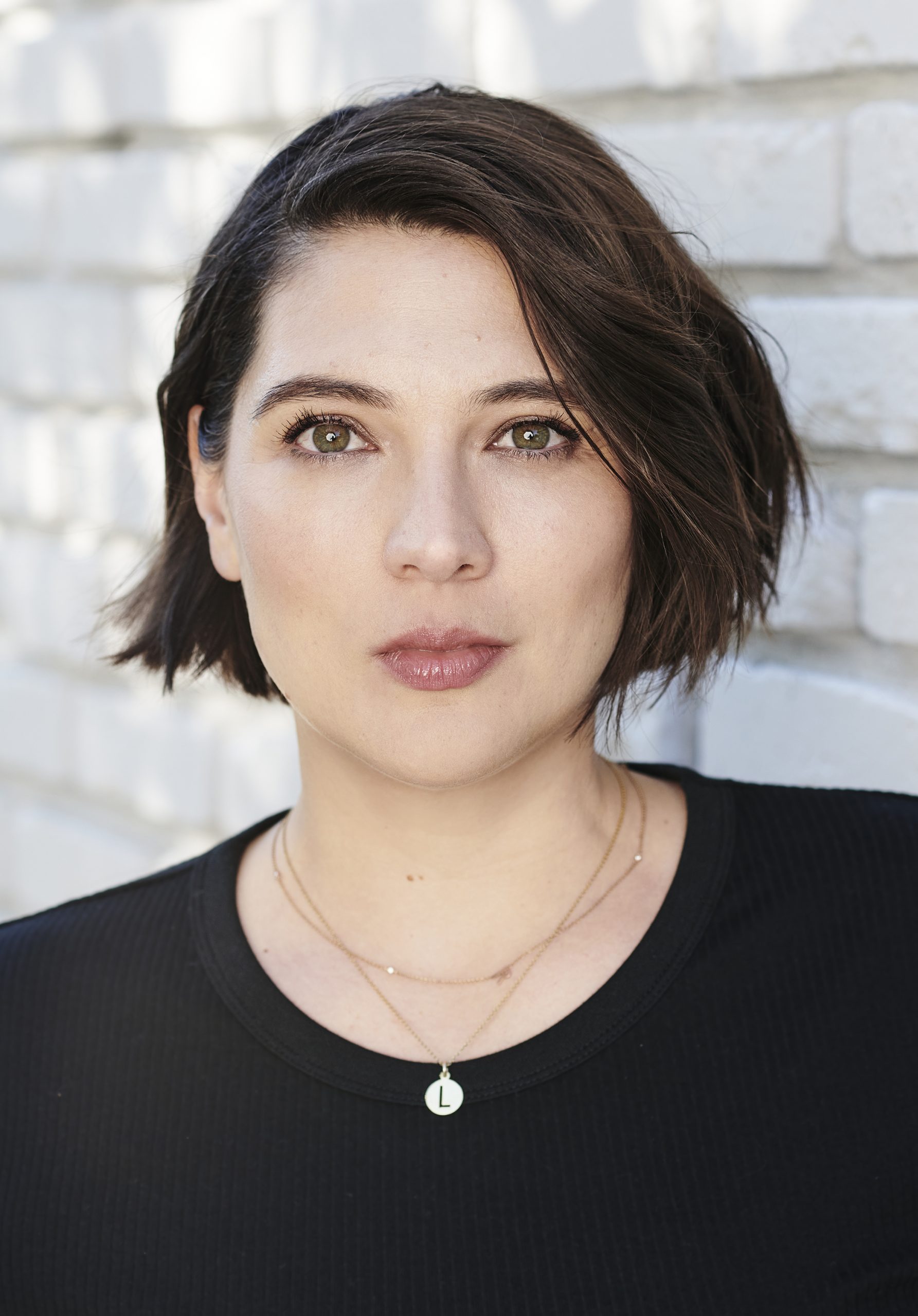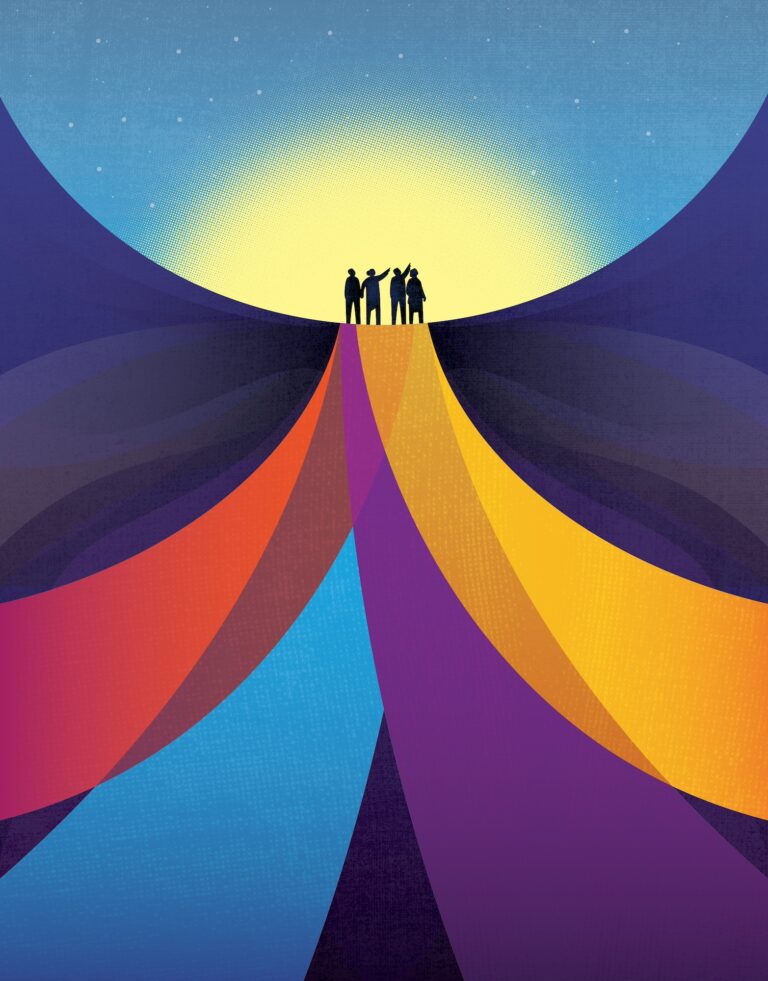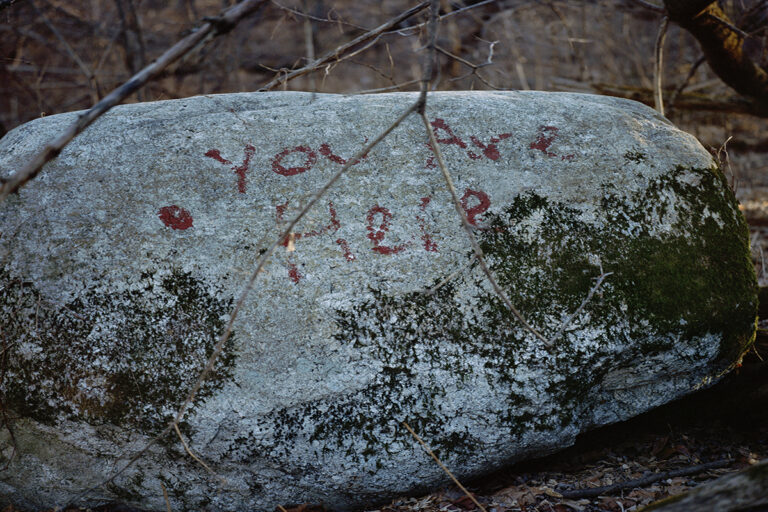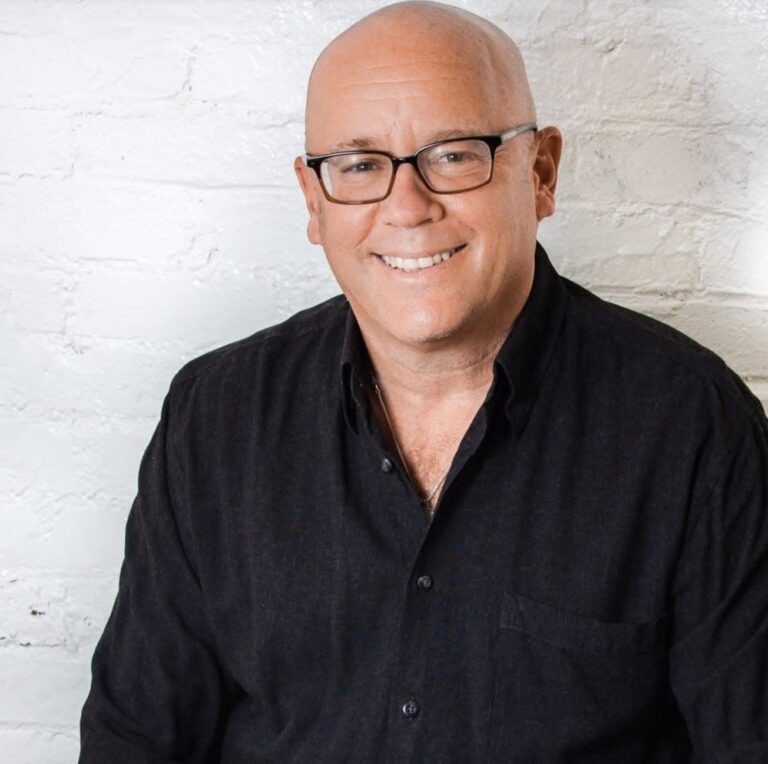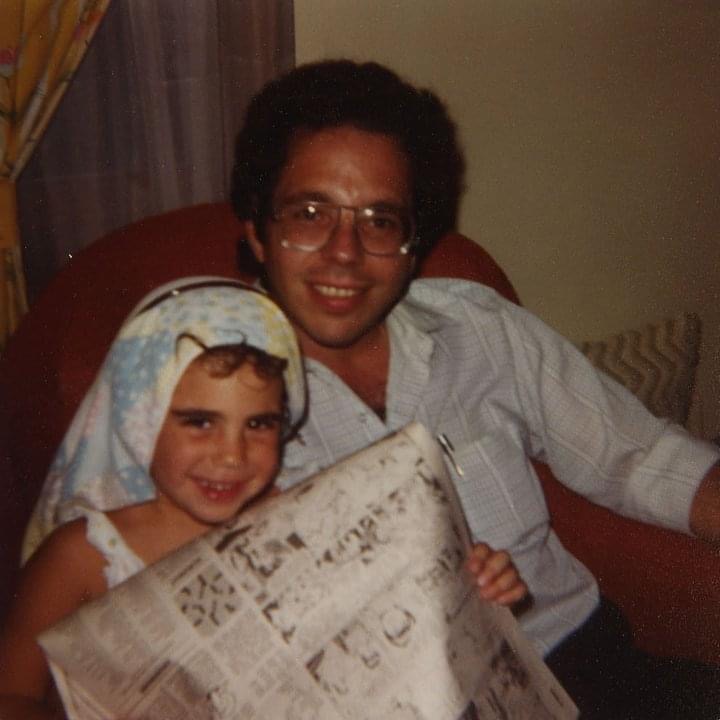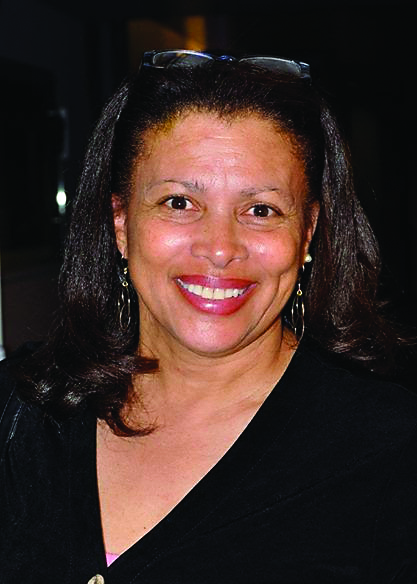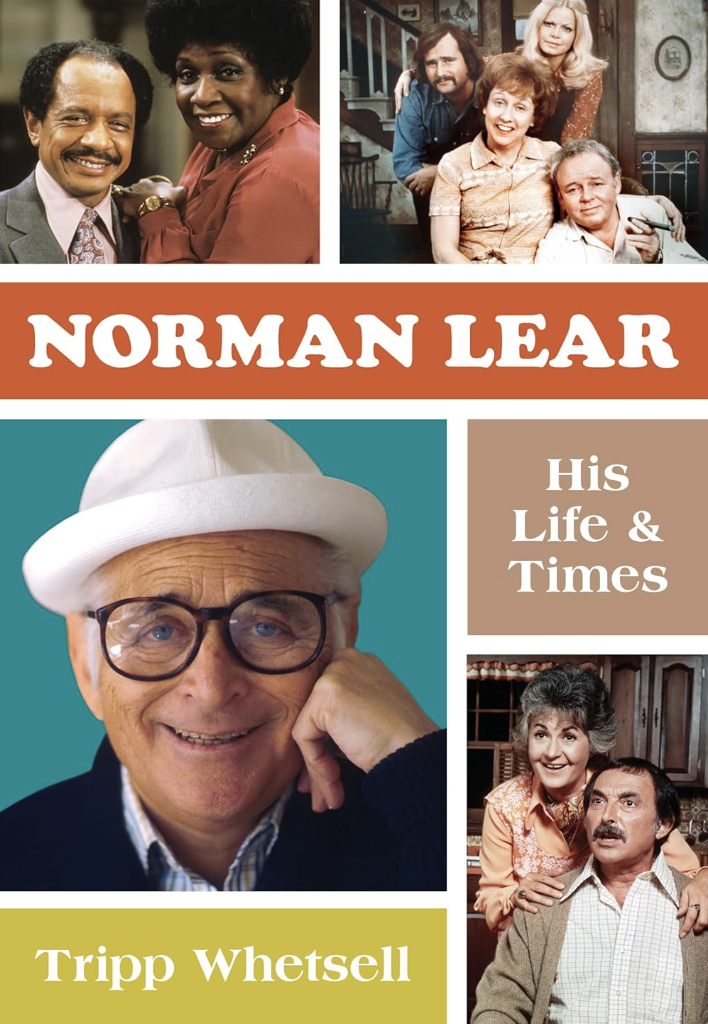Writing the Story Only She Can Write
Taylor Jenkins Reid ’05 joined Broadcast Journalism major Jillian Kay ’23 for an interview in March.
Jillian Kay: What was your Emerson experience like?
Taylor Jenkins Reid: It was great. I was not far from home, and I put myself through school, so I was an RA. I had a full-time or part-time job all year long, and then I took my classes. And so my four years at Emerson were very, very busy. I was doing a lot on campus and then also working down by the State House. When I graduated, I was like, “Okay, all I have to do is have a full-time job.” That actually seemed relatively easy compared to everything that I was doing in college.
JK: Did anyone in your family go to Emerson?
TJR: No. No one in my family had been to Emerson. But I knew that I wanted to work in Hollywood. And for a girl growing up in Massachusetts, you can’t beat Emerson as a way to transition from East Coast to West Coast, and finding your way into the industry.
JK: Going from being a Media Studies major at Emerson, to working in casting, and writing your New York Times bestselling novels, take me through your life after Emerson.
TJR: Well, it’s all a blur. Things happen organically, and you can try to make sense of them after the fact, but during, it all felt very chaotic. I moved out here during the LA Program… and I got an internship in the casting department of CSI: New York. I had always intended…to be a casting director. I’ve always loved the development process of making film and television. Casting made sense to me. It’s both an art, but it’s also the study of star image and how certain actors can change a movie. I remember during that internship, my bosses got a pilot that they were doing on the side. And so they actually hired me to work on the pilot. It did not [get picked up], but [my bosses] called a friend of theirs who hired me, and [so] I worked for Sarah Finn and Randi Hillier, the casting directors, for four years.My first job in casting, you can tie it back very directly to my Emerson internship. I really enjoyed it, but I just had this sense that there was something else that I wanted to do. And I didn’t know what it was. Eventually, I found my way to writing. I decided not to write a screenplay as my first thing. Even though I had taken screenplay classes at Emerson and had written a comedy pilot, something called to me about prose. And so I wrote a novel in my spare time….There’s fits and starts and zigs and zags, but eventually, in my late 20s, I sold my debut novel. And have been writing a book a year or every other year since then.
JK: I feel like that’s so Emerson. Everybody trying everything.
TJR: Well, and just being open to where life takes you, and where your passions lie.
“When your passion is the way you make money, it’s really important to learn how to turn your brain off sometimes, and just be person and not a creator.”
JK: I hear you’re also a mom. How do you find a good work-life balance?
TJR: You don’t. I don’t think it exists. I think you just pray, prioritize, and understand that you’re not going to get every-thing done. Nothing’s ever going to be quite as good enough as you want it to be, certainly, if you’re very type A like me, but you pick and choose the things that are most important in a day, and make sure those are the things that get done…It’s funny….I think if your work is something that you love, your boundaries of when you’re working and when you’re not become really blurred, and it’s important to have very good time management. When your passion is the way you make money, it’s really important to learn how to turn your brain off sometimes, and just be a person and not a creator. It’s important to make time for joy as well, which is something that I am slowly learning how to do.
JK: Have you noticed any trends in the book writing and publishing industry over the last few years? With the pandemic and growth of social media, I’m sure a lot has changed. So what should aspiring writers expect going into this field?
TJR: I think that if you can help it, you should not think at all about trends or how publishing works. I think that chasing a trend or trying to fit into a trend is never helpful. To then contradict myself, I will say, I think a lot of times when it comes to writers—probably any artist, but I only know writers—the freedom of writing anything, it can make you freeze and do nothing. And so sometimes putting yourself in a box and saying these are the parameters of what I want to do can actually be very freeing because you say, “Okay, now my brain can start to work in this space.” And it gives you a place to jump off of, which is great. But it does not matter how on-trend a concept is if it is not well executed and not in an original voice.So I think the biggest thing is write the story only you can write. Tell a story that feels like you are uniquely positioned to tell it as best as anyone could. You will change trends and influence trends if you do that. I think the most powerful thing that any writer can do is spend time trying to figure out what exactly is their voice, what exactly sets them apart from other people.
JK: After this interview, you’ll be participating in a panel discussion [with Emerson alumni] on getting published. What does it mean to you to be able to share your experiences and advice with other Emersonians?
TJR: I think that what most people who go to Emerson are trying to do is enter a field that’s very competitive and very difficult. And they’re trying to share their voice in whatever capacity that may be, whether it’s writing, directing, filmmaking. I think it’s really daunting, and I think it’s scary, and I think it takes guts. So it does excite me to be able to say that there is a way forward…whether you’re coming out to Hollywood, you’re going to New York, you’re staying [in Boston], you’re going to a thousand places, there’s a lot of fun experiences that await you in these fields. It has been some time since I graduated college, and looking back on it, it’s always an adventure. And so I’m excited to share that perspective.

